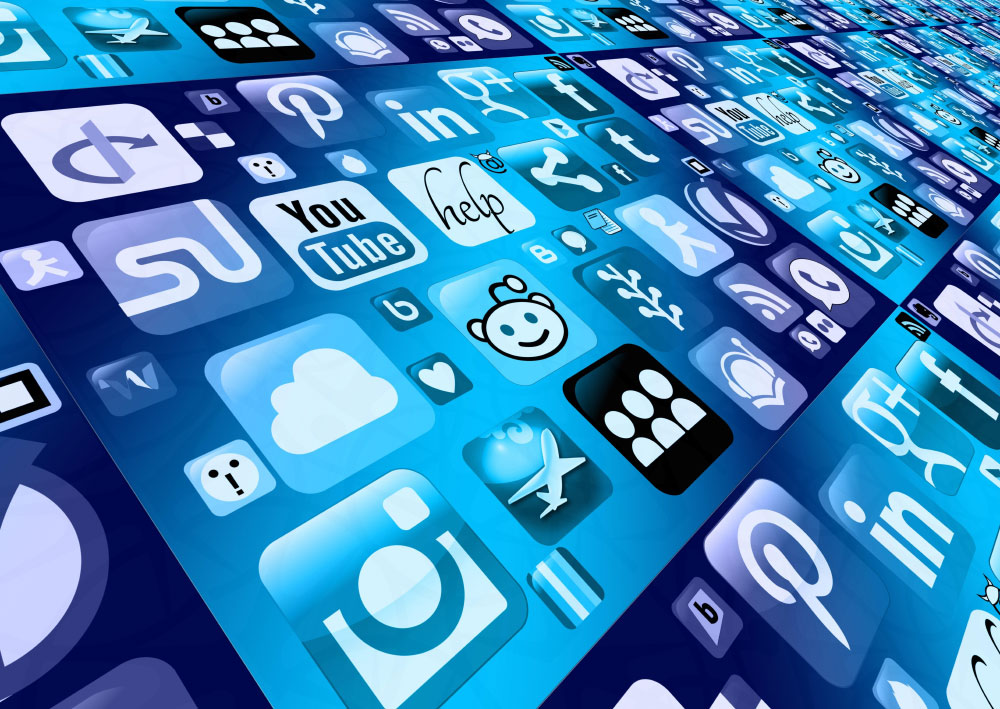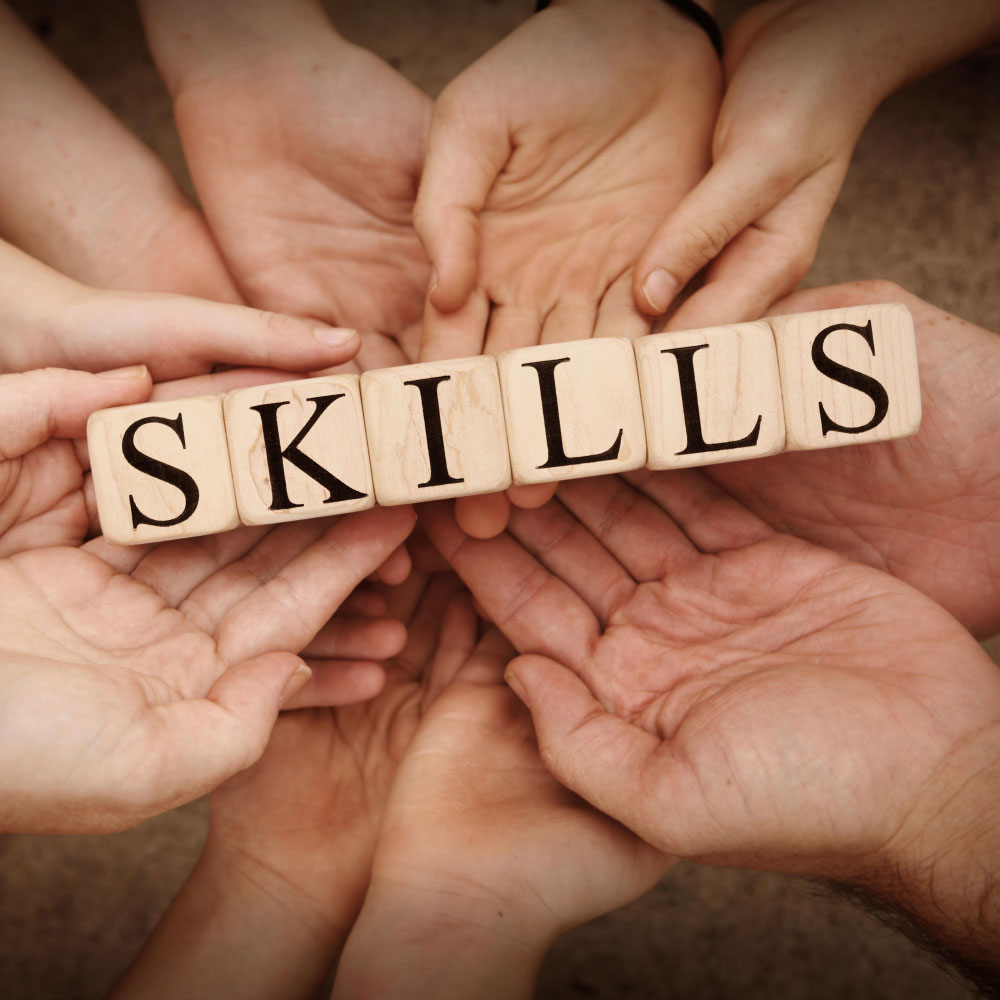Friendships and Social Relationships
Social connection is a powerful predictor of long-term physical and mental health. Having meaningful friendships — or lacking them — has an impact on our cardiovascular and immune systems, stress responses, sleep and cognitive health. People with strong social connections survive longer, on average than those with poor connections, according to a meta-analysis of more than 300,000 people. Loneliness, defined as a mismatch between desired and actual levels of social connection, is as great a risk factor for mortality as smoking, the analysis suggests. Autistic people may not look lonely, because they often separate themselves from others — but they can feel lonely.
According to a study published in 2000, autistic children tend to be lonelier than their neurotypical peers, And this loneliness may contribute significantly to the high incidence of depression and anxiety among autistic adults.
Autistic people overwhelmingly report that they want friends. They can and do form friendships with both neurotypical and autistic peers, even if their interactions sometimes look different from those among neurotypical people.
Some children or adults may have a focus on developing friendships but don't understand some of the unwritten rules of social interaction. They may not understand that friends sometimes want to be with others and might react quite rudely, become distressed or end the friendship if their friend goes and plays with someone else. Wanting to have a friend, they can misinterpret kindness for friendship and may become attached to someone who does not consider them a friend. The inflexibility of thought and a lack of appreciation of another's feelings may result in rejection by peers.
These skills can be taught by parents, ABA therapists, speech pathologists, and other professionals. Check out the Social Skills section in the Resource Guide for a list of providers who specialize in teaching these skills and our Social Recreation section for a list of fun and accepting activities.
Articles:
Article-How People with Autism Forge Friendships (Spectrum News): https://www.spectrumnews.org/features/deep-dive/how-people-with-autism-forge-friendships/#:~:text=Autistic%20people%20overwhelmingly%20report%20that,from%20those%20among%20neurotypical%20people.
Autism Toolbox-Friendships: http://www.autismtoolbox.co.uk/friendships
Helping Kids with Autism Make Friends: https://www.marcus.org/autism-resources/autism-tips-and-resources/helping-kids-with-autism-make-friends
Making Friends: A Guide for Autistic Adults: https://www.autism.org.uk/advice-and-guidance/topics/family-life-and-relationships/making-friends/autistic-adults
Social Relationships (Autism Society): https://autismsociety.org/resources/social-connections/
Wrong Planet-Wrong Planet is the web community designed for individuals (and parents/professionals of those) with Autism, Asperger's Syndrome, ADHD, PDDs, and other neurological differences. We provide a discussion forum, where members communicate with each other, an article section, with exclusive articles and how-to guides, a blogging feature, and more. https://wrongplanet.net/
Apps and Web-Based Programs
Hiki-Friendship & Dating Mobile App for the Autistic Community: Hiki — meaning "able" in Hawaiian — is a friendship and dating mobile app for the Autistic community. It is a space where neurodiversity is embraced and being atypical is celebrated. Every part of Hiki, from ideation to design to launch, has been built with Autistic adults to make sure that it is representative of Neurodivergent needs. (For iOS and Android) https://www.hikiapp.com/
Making Authentic Friendships App for iOS and Android: Responsive web based app that helps individuals with special needs (13+) find friends at home or on the go , based off of their geolocation, diagnosis, age, and interests- https://www.makingauthenticfriendships.com/
Social Cipher – builds online social-emotional learning (SEL) games for neurodivergent youth ages 10-15 to use with counselors, therapists, and educators. https://www.socialciphergame.com


Social Stories on Friendship
Being a Good Friend: https://missallisonsclass.blogspot.com/2012/07/social-story-saturday-1-being-good.html
How Friendships Can Change: https://carolgraysocialstories.com/wp-content/uploads/2018/01/Friendship-Is-Like-That.pdf
Making Friends: https://www.teacherspayteachers.com/Product/A-Story-on-Making-Friends-216940
Relationships: https://paautism.org/resource/relationships-social-story/
Safe and Unsafe Friends: https://adayinourshoes.com/wp-content/uploads/2016/05/safe-and-unsafe-friends.pdf
Teaching Resources
Circle of Friends (brief explanation): https://asdnetwork.unl.edu/circle-friends/what-circle-friends/
Compliments Worksheet: http://autismteachingstrategies.com/wp-content/uploads/2012/03/Compliment-Worksheets-PDF-Download.pdf
Conversation Box activity: http://autismteachingstrategies.com/wp-content/uploads/2012/03/Conversation-Box-directions.pdf
Making and Keeping Friends-A 5 Step Model for Social Skills Instruction: https://www.iidc.indiana.edu/irca/articles/making-and-keeping-friends.html
Program for the Education and Enrichment of Relational Skills (PEERS®) is world-renowned for providing evidence-based social skills treatment to preschoolers, adolescents, and young adults with autism spectrum disorder (ASD), attention-deficit /hyperactivity disorder (ADHD), anxiety, depression, and other socio-emotional problems. PEERS | Semel Institute for Neuroscience and Human Behavior (ucla.edu) Many social skills providers may utilize this curriculum.


Videos on Teaching Friendship Skills
Bullying: http://teenage-resource.middletownautism.com/resources/videos/#social
Circle of Friends: https://www.youtube.com/watch?v=Up–voI6dNc&ab_channel=CBSLosAngeles
How to Join a Social Group and Make New Friends:https://www.youtube.com/watch?v=az8vpzxZkj4&ab_channel=WrongPlanet
Making Friends in Middle School: https://www.youtube.com/watch?v=MJYLfekgw2I&ab_channel=TDSocialSkills
ModelMe Friendship Skills (Teens): https://www.modelmekids.com/aspergers-friend.html
Social Skills Video: https://www.youtube.com/watch?v=2zVEIv1fA78&ab_channel=belikebuddy
Autism Society Options Policy
This Resource Guide was developed to provide families and professionals with an opportunity to find resources related to autism in the Inland Empire in one place.
All information provided or published by the Autism Society Inland Empire is for information purposes only. Specific treatment, therapy or services should be provided to an individual only at the direction of the individual’s doctor, caregiver, or other qualified professional. References to any treatment or therapy option, program, service, or treatment provider are not an endorsement by the Autism Society. References of treatments, therapies, programs, services, and/or providers are not intended to be comprehensive statements. You should investigate alternatives that may be more appropriate for a specific individual. The Autism Society assumes no responsibility for the use made of any information published or provided. The Autism Society Inland Empire provides information, but it does not constitute medical or legal information. Referrals provided are suggestions to organizations that might help, but do not constitute a recommendation. The Autism Society Inland Empire cannot be held responsible for consequences that arise from individual dealings with a professional or organization. The inclusion of any organization does not imply endorsement, and omission does not imply disapproval. The Autism Society Inland Empire may add or remove organizations from this list at its discretion.


